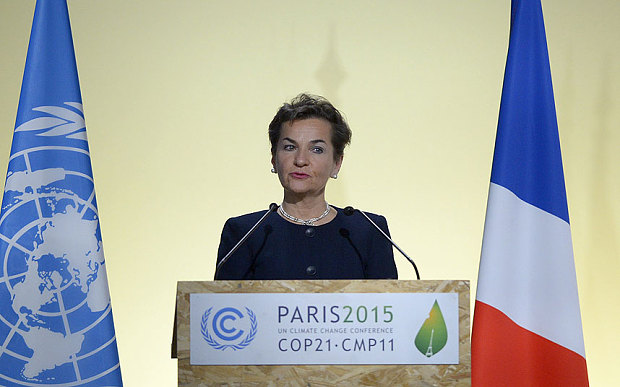National climate action intentions are becoming concrete under the Paris Agreement

The UN climate change secretariat has launched a new interim public registry to capture countries’ formal climate action plans under the Paris Climate Change Agreement.
Known as nationally determined contributions (NDCs), they set out publicly what each country plans to do as part of the Paris Agreement to contribute to the international effort to secure a sustainable future for all by keeping the global temperature rise since pre-industrial times well below two degrees Celsius, with a preference to limit it to 1.5 degrees.
The NDCs showcase countries’ climate policies and actions to reduce emissions and adapt to climate change across many sectors, for example such as decarbonising energy supply through shifts to renewable energy, energy efficiency improvements, better land management, urban planning and transport.
The launch of the registry heralds a key step towards implementing the Paris Agreement that has now been signed by 177 Parties under the UNFCCC (176 countries plus the European Union, which is counted as a Party).
“The Paris Agreement marked the start of a new era in international climate change cooperation,” said UNFCCC Executive Secretary Christiana Figueres. “The launch of the interim public registry for NDCs underpins the collective trust and goodwill that led to the historic agreement and is a new milestone on the road to its implementation.”
The new interim registry for NDCs is the principal instrument to formally record action taken by countries under the Agreement. It is a fully transparent channel of communication where anyone can browse and search for information on what countries are doing to tackle climate change.
Ahead of Paris, as part of the negotiating process, countries had submitted their climate action plans based on their national circumstances and interests, which were called “intended nationally determined contributions”, or INDCs. The Paris Agreement included a change in legal status of these climate action plans, turning what were intentions, or INDCs, into concrete plans for action known as NDCs.
If an INDC has been submitted by a Party under the UNFCCC – and there are now 189 INDCs already submitted – and that Party ratifies the Agreement, then that INDC will be considered their first NDC, unless the Party decides otherwise. Parties can also make changes to a communicated INDC by submitting a new NDC. Countries have also been invited to communicate their first NDC before their instrument of ratification of the Agreement has been submitted.
The Paris Agreement establishes the principle that future national plans will be no less ambitious than existing ones. National contributions are expected to be made more ambitious over time as climate finance and other forms of multilateral cooperation spurred by the Agreement become mobilised.
The interim public registry will be presented at a side event taking place on 18 May during the Bonn session, where countries will have the opportunity to provide feedback on the registry’s design and features.
